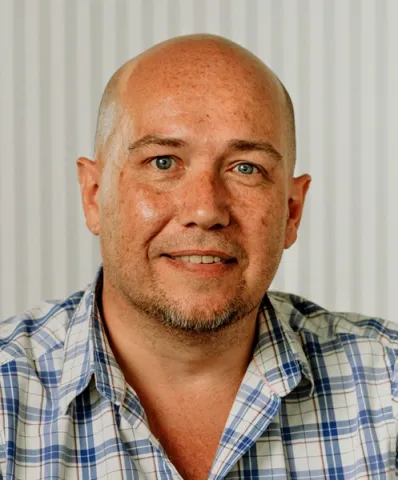About the project
In the world of Quantum Technology every photon is precious. This project will create new ultra-low-loss optical components that will lead to advanced quantum memories, switchable delays, and the creation of large, entangled quantum states.
We welcome applications for a PhD student to join our interdisciplinary team of students, postdocs, and senior researchers developing systems for quantum technologies.
Join us to develop core components for interfacing quantum computers and networks using Southampton's state-of-the-art fabrication facilities. Unlike optical telecoms, where amplifiers compensate losses, in the world of Quantum Technology, every photon is precious. This project will create new ultra-low-loss optical components, including quantum memories and switchable delay lines, with the goal of reducing system-wide losses and allowing us to create large, entangled quantum states.
This project will develop various technical approaches, including an all-optical fibre-based system and integrated atomic vapour devices. You will have the opportunity to design, fabricate, and test these photonic systems and to work with experimentalists to validate their use in larger quantum systems. If you are interested in a PhD looking to do computer modelling and have the required skills, the project can also be adjusted for this.
If you are interested in quantum technologies, photonics, nonlinear optics, or micro-fabrication you would be highly suitable for this project. Our team offers a supportive environment for training and research, world-leading facilities and expertise, and extensive opportunities to collaborate with our industrial partners and academic researchers across the UK National Quantum Technology Programme.
Find out more about our Optical Engineering and Quantum Photonics research group.

